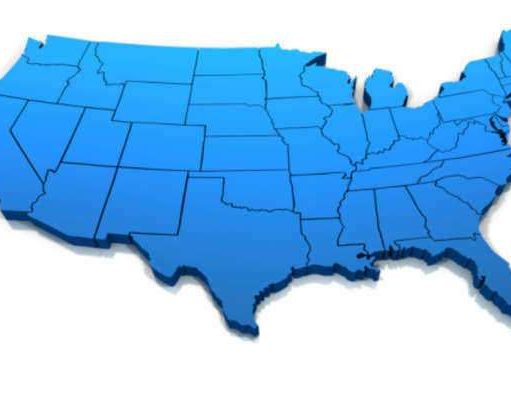Can I stop a sexual predator from moving into in my neighborhood?

When one discovers that a convicted sexual offender is moving into the neighborhood, a swarm of emotion and skepticism oftentimes fills their thought process. Although these feelings can be inevitable, it is essential to understand that numerous procedures and information can be applied to appease or diminish the effects of the situation.
Sexual predators, by law, must be registered. Their information, including their address, their conviction history, and their name must be distributed to the public. Although State laws vary in regards to the information supplied in a sexual offender registry, it must be understood that the whole community will be notified of the presence of sexual predators in your neighborhood.
The presence of sex offenders in your area, although scary or daunting to many, is a situation that requires understanding. As a result of legislation that requires all sexual predators to make their information public, the fears attached to the presence of sex offenders in your area is oftentimes developed through stereotypes or paranoia. The important thing to remember is that sexual predators are attempting a proper assimilation in a community.
If released from rehabilitation, the goal of our society is to facilitate a troubled individual's transition to normalcy. It is not possible, given the laws outlined in the United States Constitution, to prevent sexual predators from moving into a community. Every man, regardless of their history, has the right to live. That being said, your community's law enforcement agency will monitor all situations that arise from the presence of sex offenders in your area.

















